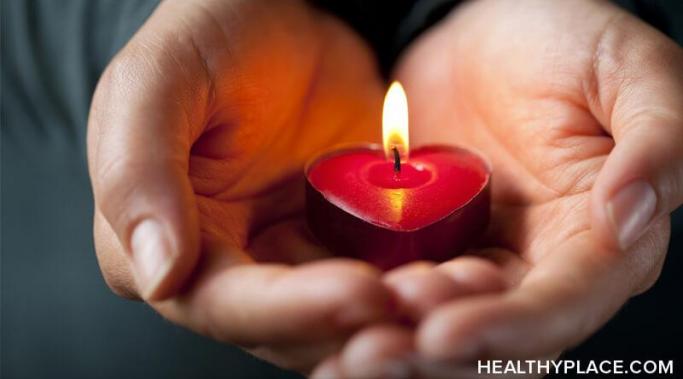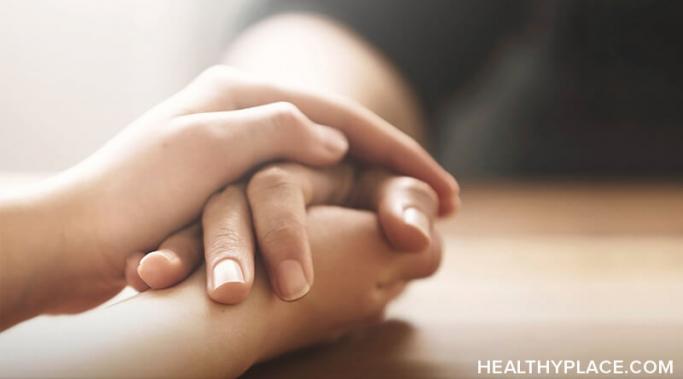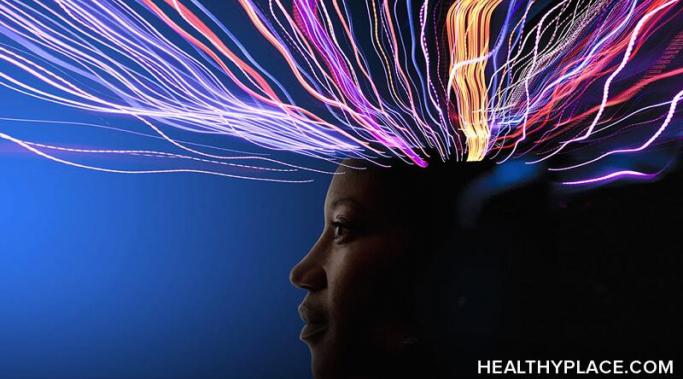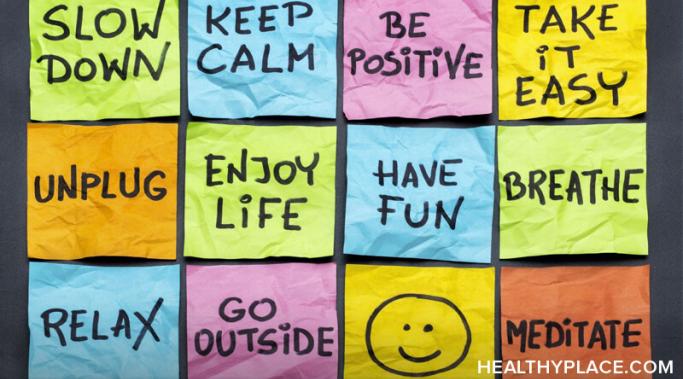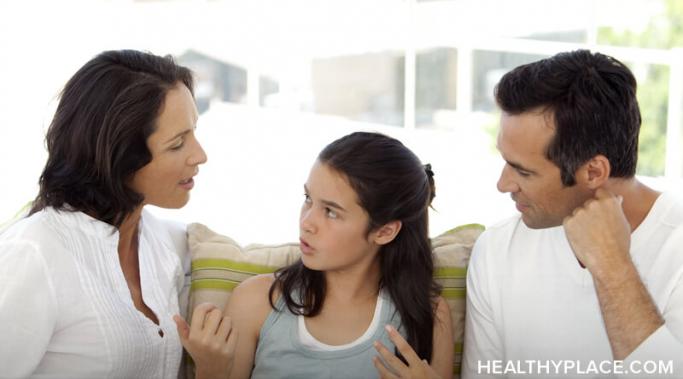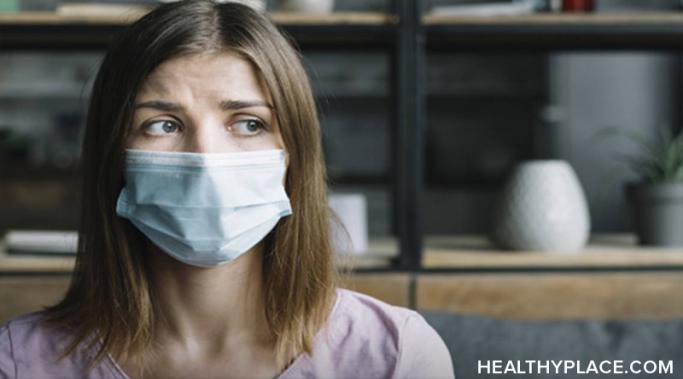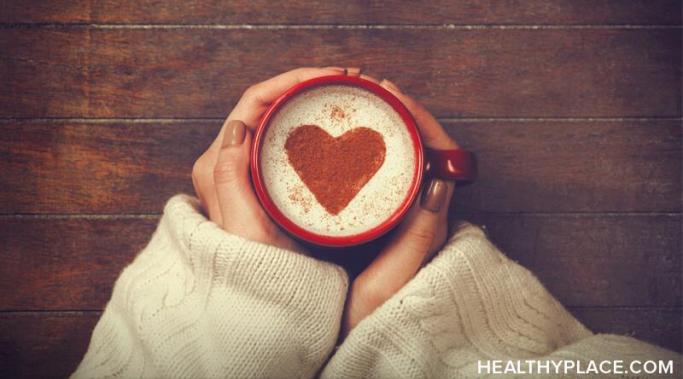For the past few years, I've decided to prioritize my mental health and not visit my family over the holidays. It's a decision not everyone may understand. Aren't the holidays about spending time with your loved ones? I do love my family, but the most loving thing I can do for myself is to take quiet time alone to rest and relax. Time with my parents and sister is often stressful and triggering for me. I've decided that my mental health is more important than anything else.
Family Relationships - Relationships and Mental Illness
Juliana Sabatello
When we aren't at our best emotionally, it can help on a nervous system level to just have someone be with us to co-regulate our emotions. I was definitely one of those children who needed a hug when I was upset. I have always responded strongly to the negative and positive emotions of others. I also respond very well to a calm person comforting me when I am anxious or stressed. I work mostly with children, so I am used to hearing the term "co-regulation" as it relates to parents and caregivers helping children calm down when they are upset, but it can be just as powerful for adults in relationships.
Juliana Sabatello
Boundaries can be difficult for anyone in relationships, but emotional boundaries can be especially challenging for those of us who struggle with our mental health. I identify myself as a highly sensitive person (HSP), a term coined by Elaine Aron to describe people with sensory processing sensitivity. Sensory processing sensitivity involves processing sensory information more deeply and feeling emotions more strongly than the average person. Sensitivity applies to all experiences: Sound, sight, touch, smell, taste, internal sensations like hunger or pain, and both our own emotions and the emotions of others.
Juliana Sabatello
Love is a powerful force, but when it comes to loving someone with mental illness, we have to think about how to love through a different lens. We all likely have seen this type of story before where someone with mental illness or trauma falls in love, finds happiness, and suddenly all pain and hardship disappears for good. These stories put the emphasis on the partner as some type of savior, valiantly rescuing a "broken" person through the power of love. These savior stories create unrealistic expectations of what it's like to love people with mental illnesses as if the right person can rescue them from their darkness and pull them back into the light.
Juliana Sabatello
Unsolicited mental health advice can contribute to the judgment and stigma we face as people with mental illnesses, even when it comes from a place of good intentions. Opinions about what we should or shouldn't do for our mental health can come off as judgmental, especially when those opinions minimize the time, effort, and research we have put into our choices.
Family dinner with disordered eating is always uncomfortable. Here's my deal: I was born with an autoimmune disorder called Behcet's Disease. My symptoms include gastrointestinal ulceration and pain when I eat. This has created a complicated relationship between me and food.
If it wasn't for my weekly virtual therapy session, my avoidant attachment behaviors would have caused far more mayhem in my quarantine life. What is avoidant attachment? It isn't a mental disorder or illness. Rather, it's a style of attachment.
I'm not sure who has it worse: folks who are isolated alone or those of us who are quarantining with our loved ones. All in all, I'm glad my boyfriend and I left our Brooklyn apartment before the state of emergency was declared in order to quarantine upstate with my parents.
Why do you need to take care of your mental health over the holidays? For many people, the holiday season is a highlight of the year; with the holidays comes spending time with the ones we love, a vacation from work (albeit brief), reconnecting with old friends, and enough food and drinks to fill us until the new year. However, for other people, the holidays can be a nerve-wracking period filled with turmoil, negative interpersonal interactions, and complete and utter mental exhaustion. It is essential to stay mindful of the disparities that people experience during this time of year and to remain sensitive to the experiences of others. For those grappling with mental health difficulties, or any obstacles in general over the holidays, here are some tips for coping.
As a child, I experienced three years of sexual abuse at the hands of a family member. As a teenager, I fell asleep drunk on a train and woke to a stranger's hand in my underwear. In the past, I've discussed the impact this abuse has had on my early experiences with sex and on my relationships with my family. Today, I'm going to talk specifically about how this abuse has impacted two of my most serious relationships.
